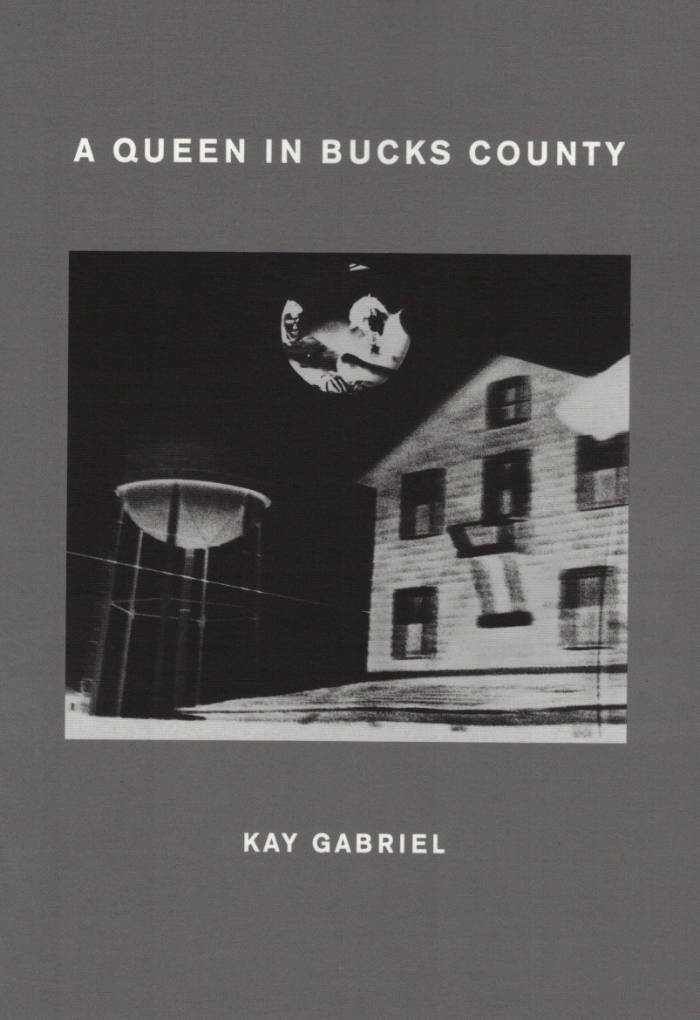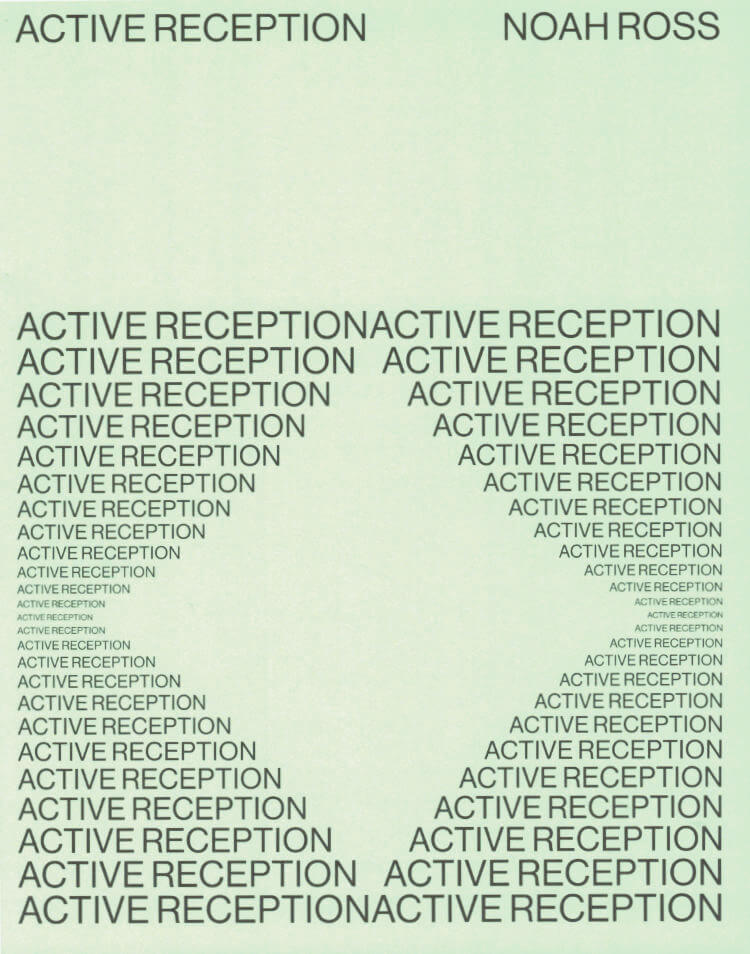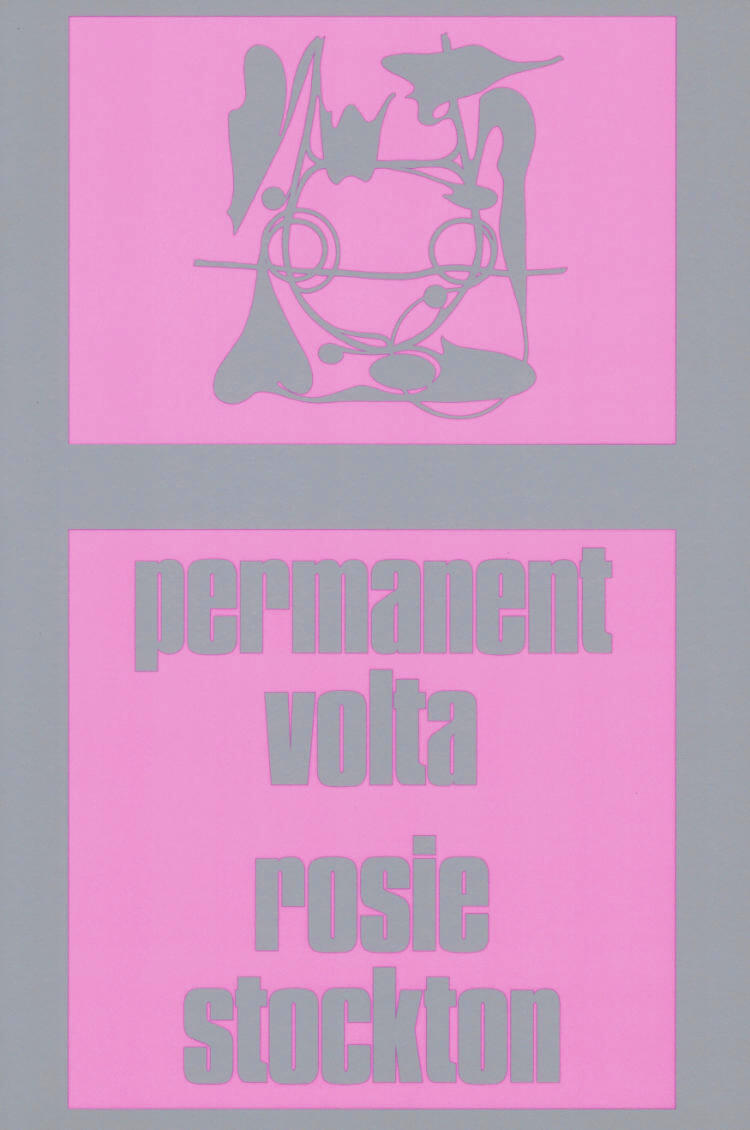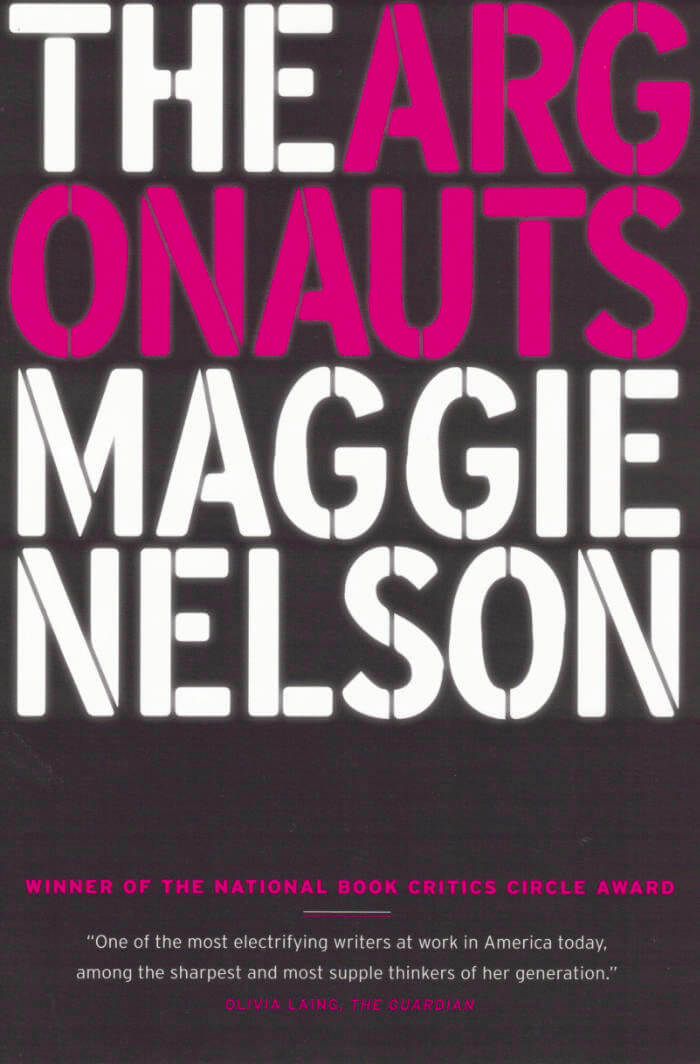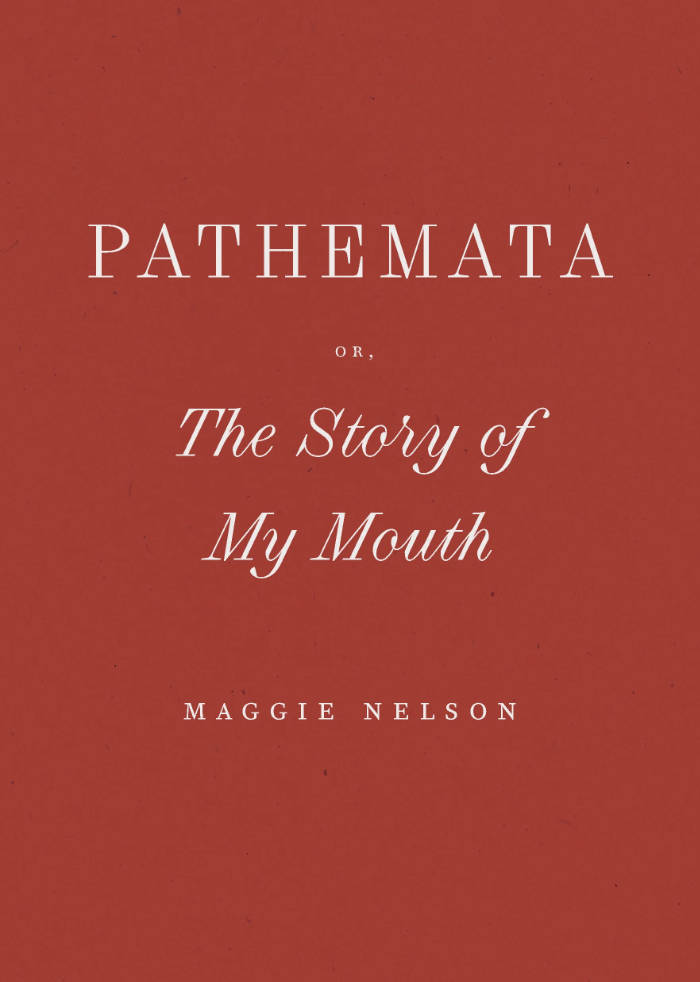
Instructions for The Lovers
A taut, tender collection of poems woven with sadness and loss dealing with aging, attachments, and the precarity of life.
“Dawn Lundy Martin’s poems read like a real-time excavation of what poetry can and can’t do,” writes Maggie Nelson. In Instructions for The Lovers, her most stripped down, direct work to date, Martin creates a poetic field dense with thought, image, and sound as she reflects on her relationship with her mother, experiences of queer polyamory, lesbian sex, and the racist conditions within the dying American university system. With rigorously embodied vulnerability and virtuosity, Martin constructs moments of pleasure, humor, and sexiness woven with grief—a tender body to live in.
